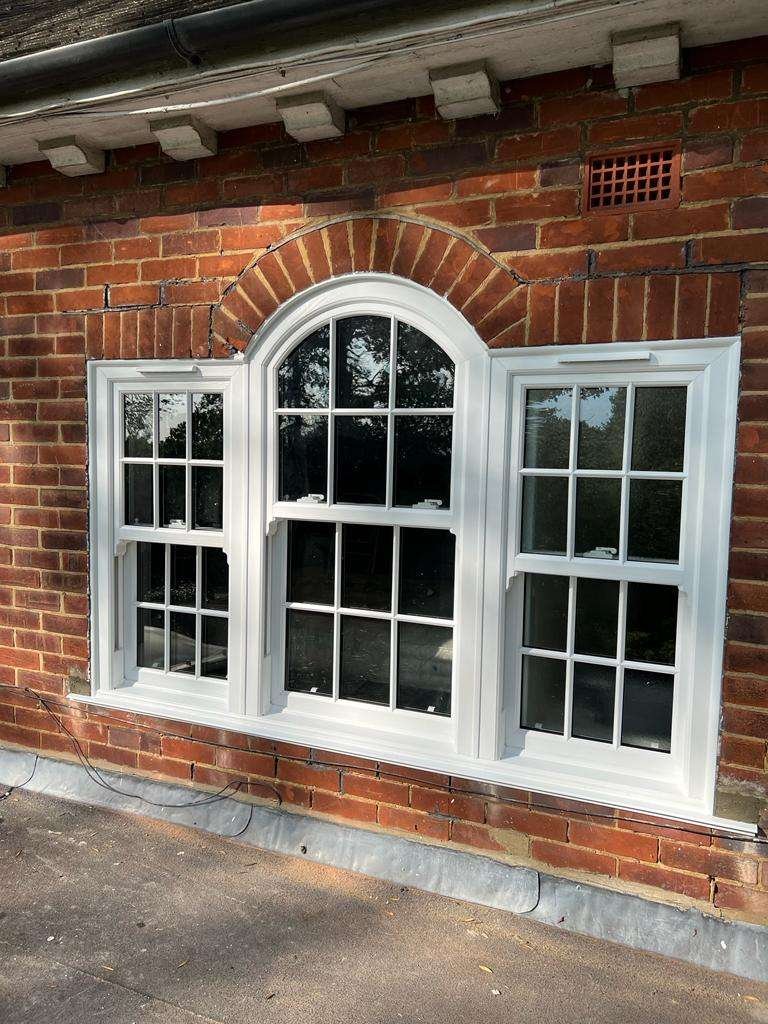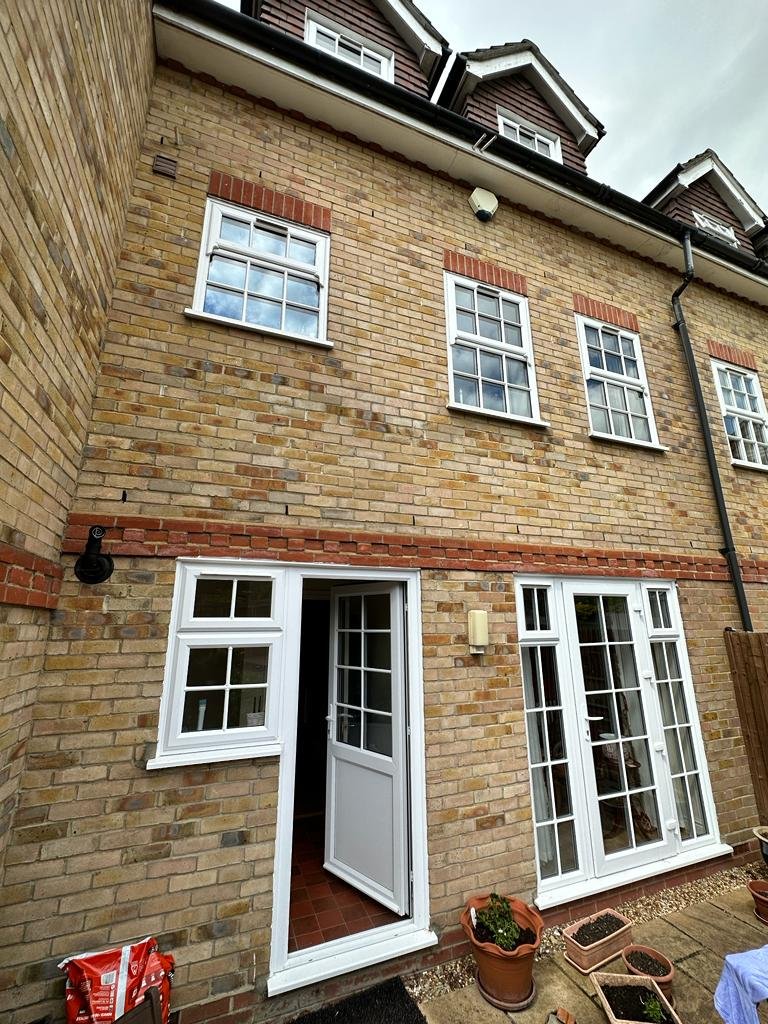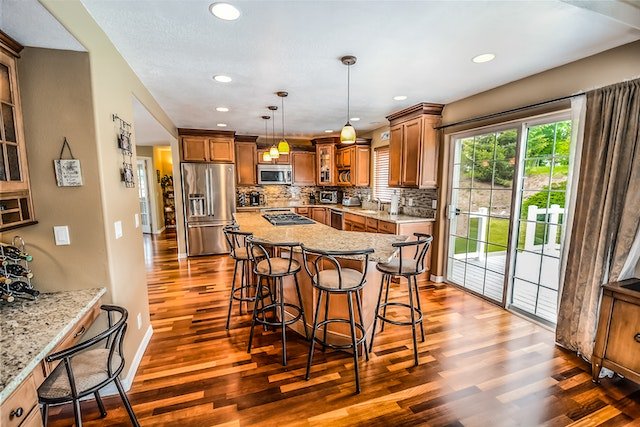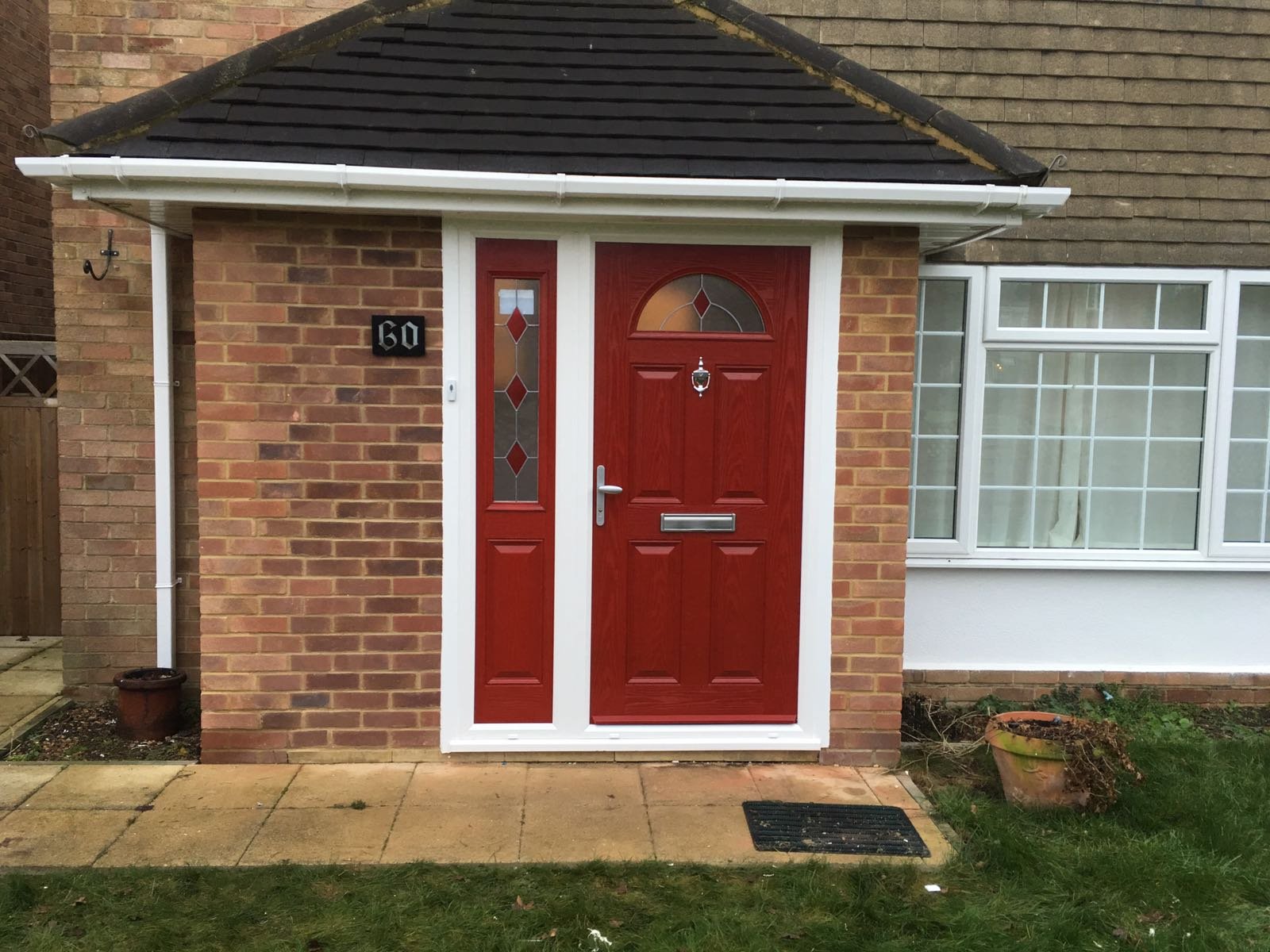Double glazing is a popular choice for windows and doors as it provides numerous benefits, such as energy efficiency, noise reduction, and enhanced security. However, like any other home improvement investment, many homeowners wonder how long double glazing lasts and what factors may affect its longevity.
Quality of installation
On average, double glazing can last for up to 20 years or more, depending on several factors. Firstly, the quality of the installation plays a crucial role in determining the lifespan of double glazing. Poor installation can cause gaps or cracks, which can lead to air infiltration and damage the seals, reducing the effectiveness of the insulation. Therefore, it is essential to choose a reputable installer who uses high-quality materials and follows the manufacturer’s guidelines.
Quality of material
Another factor that can affect the longevity of double glazing is the quality of the materials used. Double glazing units are made up of two panes of glass separated by a spacer bar, which is typically filled with an insulating gas, such as argon or krypton. The type and quality of glass, the thickness of the spacer bar, and the gas used can all impact the performance and durability of the double glazing.
Environmental factor
A building’s structural conditions is probably the biggest external factor that may affect the lifespan of a window or door. Failure to upkeep the structural integrity of the building can have serious consequences to the lifespan of windows and doors, not to mention the property itself. If the building is not maintained to satisfactory standards it may even become a potential hazard to life.
Environmental factor
Furthermore, environmental factors such as extreme temperatures and exposure to sunlight can also impact the lifespan of double glazing. Prolonged exposure to UV rays can cause the seals to deteriorate, allowing moisture to enter the space between the panes, causing condensation, and reducing the insulation performance.
Care & maintenance
Regular maintenance and cleaning can also play a role in extending the lifespan of double glazing. Cleaning the windows regularly can prevent the accumulation of dirt and debris, which can cause scratches on the glass and damage the seals. Additionally, checking for any signs of damage or wear and tear, such as cracks, chips, or gaps, and addressing them promptly can also help to prolong the lifespan of double glazing.
Conclusion: up to 20 years
In conclusion, the lifespan of double glazing can vary depending on several factors, including the quality of installation, materials used, environmental factors, and maintenance. However, with proper care and attention, double glazing can last for up to 20 years or more, providing homeowners with long-term benefits such as energy efficiency, noise reduction, and enhanced security.
















